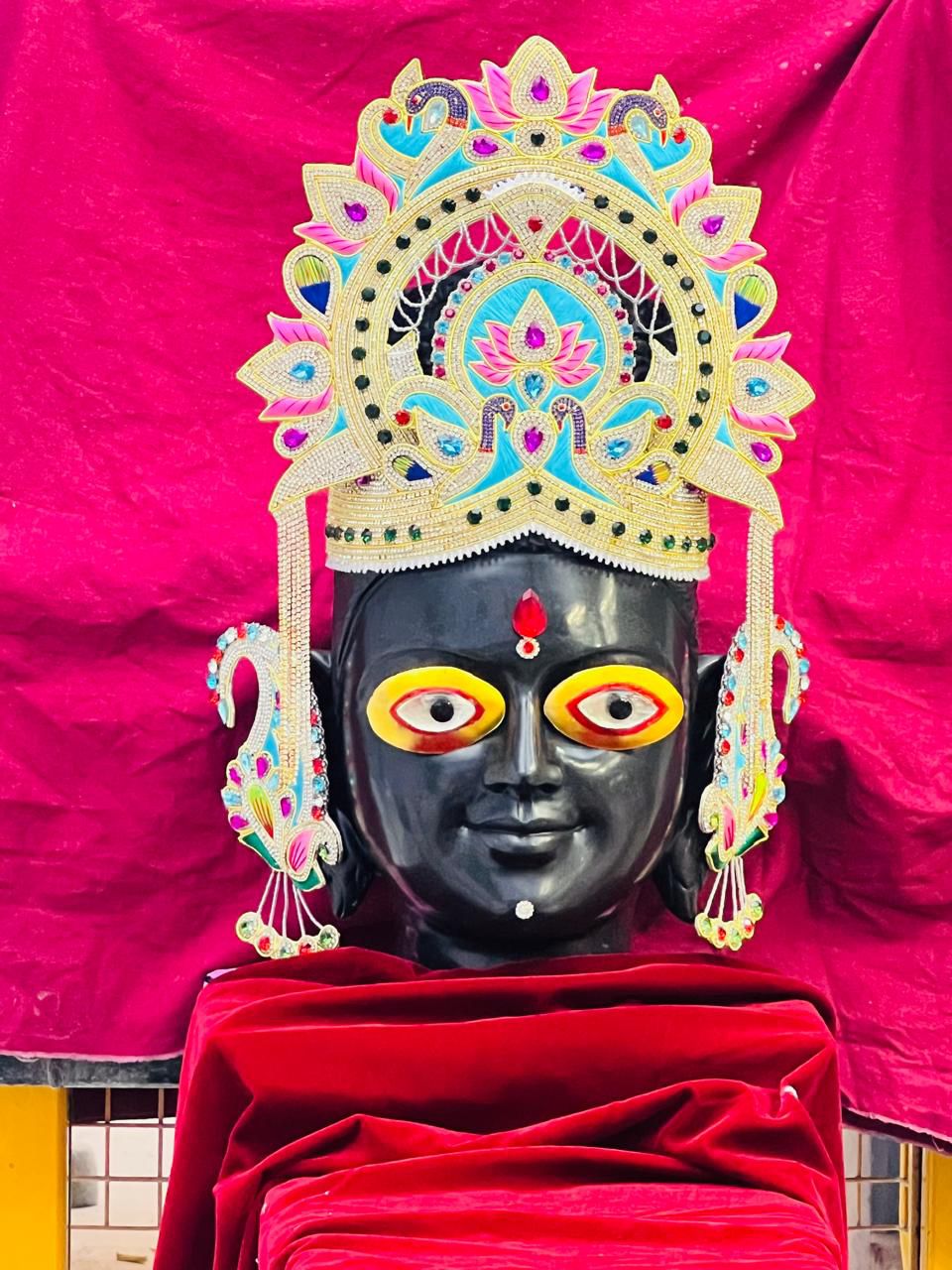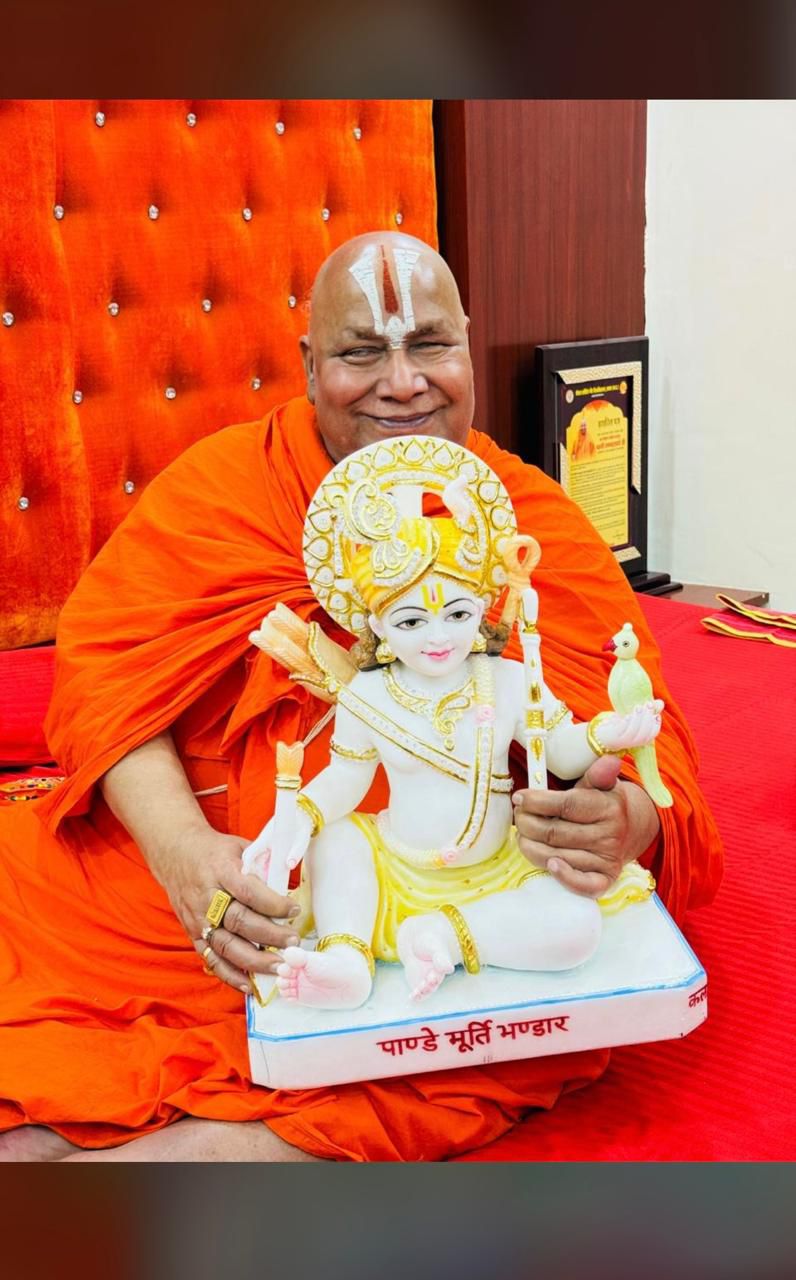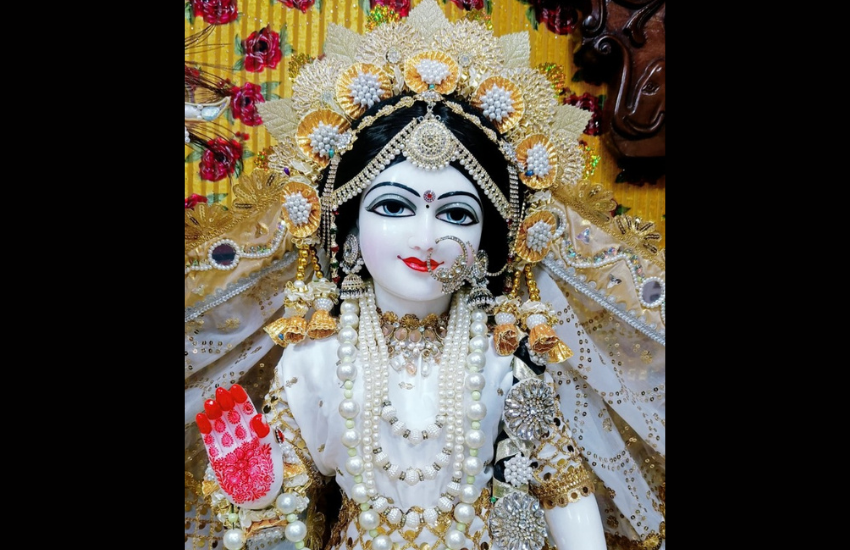Hinduism is deeply rooted in tradition, symbolism, and ritualistic worship. For centuries, devotees have expressed their reverence to deities through beautifully crafted Hindu God statues, with marble being the most preferred material for their creation. But have you ever wondered why marble murtis hold such a prominent place in Indian spiritual practices?
At Pandey Marble Arts, one of the most trusted names in marble murti manufacturing in Jaipur, we’ve been upholding the legacy of marble idol-making for generations. In this article, we explore why marble continues to be the top choice for crafting divine idols, especially in the cultural heartland of Rajasthan.
1. Symbol of Purity and Divinity
Marble, especially the high-quality white variety found in Rajasthan, symbolizes purity—an essential quality in spirituality. The serene white color of marble reflects the divine energy and peace associated with deities like Lord Vishnu, Goddess Lakshmi, Lord Shiva, and Lord Ganesha.
When devotees install Hindu God statues at home or temples, they seek not only artistic beauty but also spiritual energy. Marble, with its calming aura and sacred symbolism, becomes the natural choice for this sacred purpose.
2. Longevity and Durability
Unlike wood or clay idols that deteriorate over time, marble statues are known for their durability. A well-crafted marble murti can last for decades or even centuries with minimal maintenance. This longevity makes them ideal for both indoor home temples and large outdoor temple installations.

At Pandey Marble Arts, we use premium Makrana and Vietnam white marble to ensure that our statues maintain their divine charm for generations.
3. Fine Detailing and Artistic Expression
Marble is a soft stone when freshly quarried, making it easier for artisans to carve delicate features, flowing garments, intricate jewelry, and symbolic elements like the lotus, conch, chakra, and more. This gives sculptors the flexibility to express religious symbolism with extraordinary finesse.
Whether it’s the elegant posture of Laxmi Narayan marble murti in Jaipur or the playful expression of a Ganesh Ji marble statue, marble allows artists to infuse life-like emotions into the stone.
4. Resistant to Weather and Elements
Another practical advantage of marble is its resistance to harsh environmental conditions. Whether it’s placed inside your home temple or in an open-air shrine, marble murtis withstand heat, humidity, and dust better than most other materials.
This is especially important in temple architecture where idols are exposed to natural elements during festivals, processions, or open worship.
5. Historical and Cultural Significance
India has a long history of temple construction and deity idol-making using marble. Famous temples like the Dilwara Jain Temples in Mount Abu and Birla Mandirs across the country are iconic examples of how deeply marble is associated with sacred architecture and murti design.
Jaipur, in particular, has emerged as a global hub for marble murti manufacturing, thanks to its skilled artisans and high-quality Makrana marble supply.
6. Preferred for Popular Deities like Ganesh, Krishna, and Laxmi Narayan
Some deities are almost always depicted in marble for specific reasons. For example:
-
Ganesh Ji Marble Statues: Known as the remover of obstacles, Lord Ganesha is often placed at the entrance of homes and temples. Marble enhances the auspiciousness and grace of the idol.
-
Laxmi Narayan Murtis: Representing wealth and protection, these are commonly installed in temples and pooja rooms. White marble elevates their divine presence.
-
Radha Krishna Idols: These are popular for weddings and home decor, where marble adds romantic elegance and spiritual charm.
At Pandey Marble Arts, we offer custom-designed idols tailored to your space and devotion needs.
7. Easy to Maintain and Clean
Unlike metals that oxidize or wood that gets infested with termites, marble murtis are easy to maintain. Simple water cleaning or wiping with a soft cloth can retain their original luster. This is why marble is also chosen for statues in public temples and long-term installations.

For households where pooja is performed daily, maintaining cleanliness and sanctity becomes easier with marble idols.
8. Eco-Friendly and Non-Toxic
In today’s eco-conscious world, marble stands out as a natural, non-toxic, and eco-friendly material. Unlike synthetic resin or plastic idols that release pollutants during immersion (visarjan), marble idols are a sustainable alternative.
Many families now opt for permanent marble Ganesh Ji murtis instead of temporary ones for Ganesh Chaturthi, helping reduce environmental impact while upholding religious values.
9. Crafted in the Cultural Capital – Jaipur
Jaipur is globally renowned for its heritage in stone carving and sculpture. The city is home to hundreds of talented artisans who have inherited the skills from previous generations. Marble murtis in Jaipur are especially sought after because of:
-
The use of pure Makrana marble
-
Precise craftsmanship and finishing
-
Affordable pricing with export-quality standards
-
Availability of customization and religious accuracy
At Pandey Marble Arts, we blend traditional hand-carving methods with modern finishing techniques, making us a leading manufacturer of Hindu God statues in Jaipur and beyond.
10. Ideal for Home Temples and Grand Mandirs Alike
Whether you’re designing a compact mandir for your apartment or planning a large temple in your community, marble statues are suitable for both scales. Their majestic appearance suits elaborate pooja rituals while their simplicity enhances meditative devotion.
From Ganesh Ji marble statues for Diwali to Laxmi Narayan murtis for daily worship, we offer options for every purpose and budget.
Conclusion
In a spiritual country like India, where devotion is expressed through ritual, architecture, and artistry, the choice of marble for Hindu God statues is more than a tradition—it is a reflection of purity, permanence, and cultural pride. With its natural beauty, durability, and symbolic meaning, marble continues to be the most revered medium for crafting divine idols.
At Pandey Marble Arts, we are proud to be part of this sacred tradition. As one of the most respected names in marble murti manufacturing in Jaipur, we are committed to delivering excellence, authenticity, and devotion—carved in stone.
FAQs:
Q1. Why is marble considered the best material for Hindu God statues?
Marble symbolizes purity, offers fine detailing, and has long-lasting durability—making it ideal for religious idols.
Q2. Where can I find authentic marble murtis in Jaipur?
You can visit Pandey Marble Arts, a leading manufacturer known for crafting high-quality marble statues of Hindu deities.
Q3. Are Ganesh Ji statues made from marble good for home temples?
Yes, Ganesh Ji marble statues are ideal for home temples due to their auspicious nature and elegant appearance.
Q4. What is the cost of a Laxmi Narayan marble murti in Jaipur?
Prices vary depending on size, marble quality, and detailing. Custom options are available at Pandey Marble Arts.

